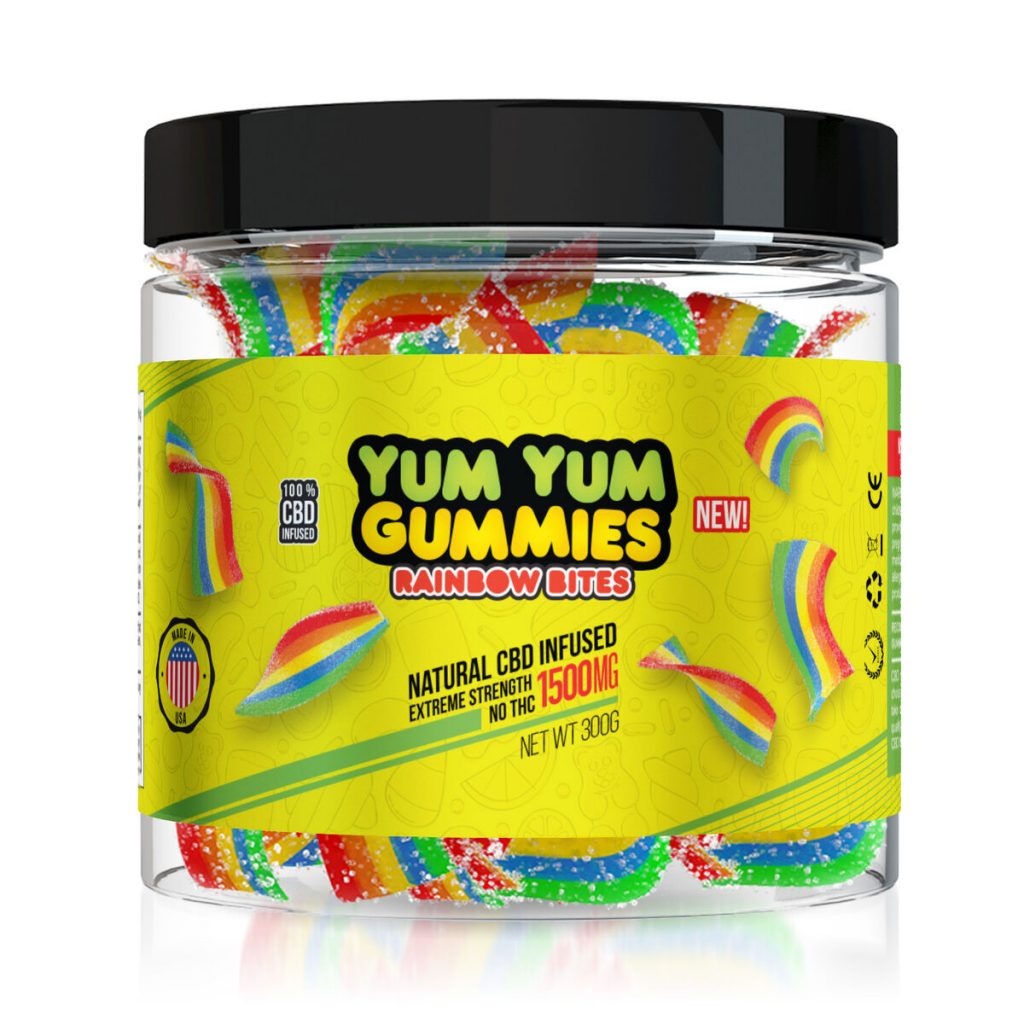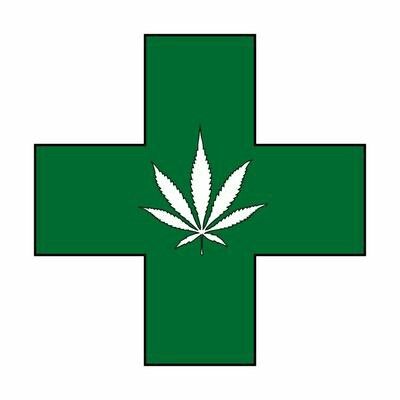Medical marijuana is prescribed and approved by the TGA for those with ADHD. Stimulant medication is also used as a part of the treatment. CBD has been shown to be a safe and effective way of treating ADHD symptoms.
Medical Marijuana Is Prescribed And Approved By The TGA For Individuals With ADHD
Medical marijuana has been approved by the Therapeutic Goods Administration (TGA) for individuals with ADHD symptoms. However, there is still a lack of clinical evidence that cannabis is an effective treatment for this condition. There are also some reports that indicate that cannabis use may lead to dependence.

CBD Edibles
To ensure you are receiving the right cannabis for your needs, talk to your doctor or a medical practitioner. You should also check whether you are eligible for medicinal cannabis in Australia.
Some people with ADHD report that using cannabis helps them manage anxiety and sleep problems. Other reports suggest that cannabis can increase their concentration and slow down their thoughts.
A small study was conducted to investigate whether ADHD patients could benefit from using cannabinoids. The results showed that these drugs reduced symptoms and increased short-term dopamine levels. However, these effects were insignificant for overall cognitive function.
There are also several alternative plant-based medicines being considered. While some studies have indicated that the effects of cannabinoids may be positive, more research is necessary.
Currently, the TGA has approved the use of THC-containing medications for patients under the age of 16. However, these medications must be endorsed by a specialist.
In addition, there are a number of non-pharmacological treatments for ADHD. These include cognitive behavioral therapy and dialectical behavior therapy. These therapies teach patients techniques to maintain sobriety.
Traditionally, stimulant medications have been used to treat ADHD. Some patients are also prescribed atomoxetine, a slow-releasing non-stimulant medication. Some people are taking CBD oil, a product extracted from phytocannabinoid-rich hemp. While these products may not have any psychoactive effects, they have been shown to relieve symptoms of epilepsy.
The TGA has approved the use of low-dose cannabidiol products in Australia. These will be available over the counter with the approval of a pharmacist. These products will be added to the Australian Register of Therapeutic Goods.
There are trials underway for treating ADHD with cannabis. You can book a Telehealth consult to learn more about this treatment option.
A number of anecdotal reports are also available about the benefits of cannabis for ADHD. It is important to consult your health care provider before beginning any treatment, especially if you have a history of substance abuse.
Delta-8 THC For ADHD
Attention deficit hyperactivity disorder (ADHD) is a neurodevelopmental condition that causes people to have trouble concentrating. Although there are a number of medications available for the treatment of this disorder, they can cause side effects and other negative symptoms.
However, there are also a variety of natural substances that may help to ease the symptoms of ADHD. Delta-8 THC is one of these, and it’s thought to work well in helping to regulate the nervous system.
Before you begin taking Delta-8, you should discuss the medication with your doctor. Certain drugs used to treat ADHD can interfere with the action of the cannabinoid. You also should be aware that the effects of Delta-8 can vary depending on the method of delivery.
In order to get the full effects of Delta-8, you should start slowly and gradually build your tolerance. You should also avoid taking more than recommended by your doctor. Taking too much can make you feel dizzy or overwhelmed.
If you’re interested in trying Delta-8, you should choose products from reputable companies. A reliable company will use innovative extraction processes to make sure the product is effective.
You should also be aware that there are no FDA-approved studies on the effects of Delta-8. You should also be careful about buying Delta-8 products that have high THC levels.
Several studies have shown that the effects of Delta-8 are more mild when consumed as an edible. It takes two hours for an edible to kick in. You can also vape it. The benefits of vaping are longer-lasting, and the effects can last up to nine hours.
Delta-8 THC is a cannabinoid that works in the nervous system, causing mild euphoria. It can also help to relieve anxiety and mood disorders.
While research is still ongoing on the effect of Delta-8, it could help to reduce the symptoms of ADHD. It’s also a great option to try alongside conventional medical treatment. You’ll want to consult with your doctor before trying any new medications or products.
If you’re ready to start using Delta-8, look into products that contain gummies, pre-rolls, oils, and vapes. Each product will have different amounts of THC, so it’s important to choose the right product for your needs.
CBD For ADHD
The CBD and THC combination has been used to treat ADHD, mainly in children. However, the research into its use is still very limited. It is also not regulated as closely as prescription drugs. Despite its potential, more studies are needed to fully understand the safety and effectiveness of the drug.
According to Elizabeth Harstad, a professor of pediatrics at the University of California-San Francisco, the benefits of CBD oil for ADHD are not well supported. She notes that it does not appear to be effective for ADHD in children and that clinical trials in adults have been inconclusive.
CBD is a component of marijuana, but it is not a psychoactive substance. Although the research on its use for ADHD is relatively new, there is some promise in its ability to improve common ADHD side effects. It is also likely that it does not cause addiction.
The FDA has not regulated the production of CBD, so you may encounter products that are not safe or effective. Before attempting any form of CBD therapy, you should consult with a licensed medical provider.
While a recent study found that using CBD might improve symptoms of ADHD in adults, more research is needed. This will include more randomized clinical trials in patients.
In the meantime, you can try a non-stimulant drug. If that does not help, your doctor may suggest medication. Stimulants are generally considered the best treatment option for most individuals with ADHD. But, they can have unwanted side effects. The good news is that there are plenty of natural alternatives that can help manage ADHD.
There are many different types of cannabinoids that are believed to have therapeutic benefits for ADHD. For instance, there is evidence that CBD and THC interact with the endocannabinoid system, which controls the function of the body. The endocannabinoid system is thought to have a hand in regulating a number of health factors, including mood, impulsivity, and anxiety. It is also known to modulate the circuitry involved in comorbid psychiatric conditions.
A small study examining the relationship between cannabis and ADD found that the use of cannabinoids can decrease a number of symptoms, including emotional regulation and insomnia. Some researchers suggest that the relationship between the two is a continuum, rather than a straight line.
